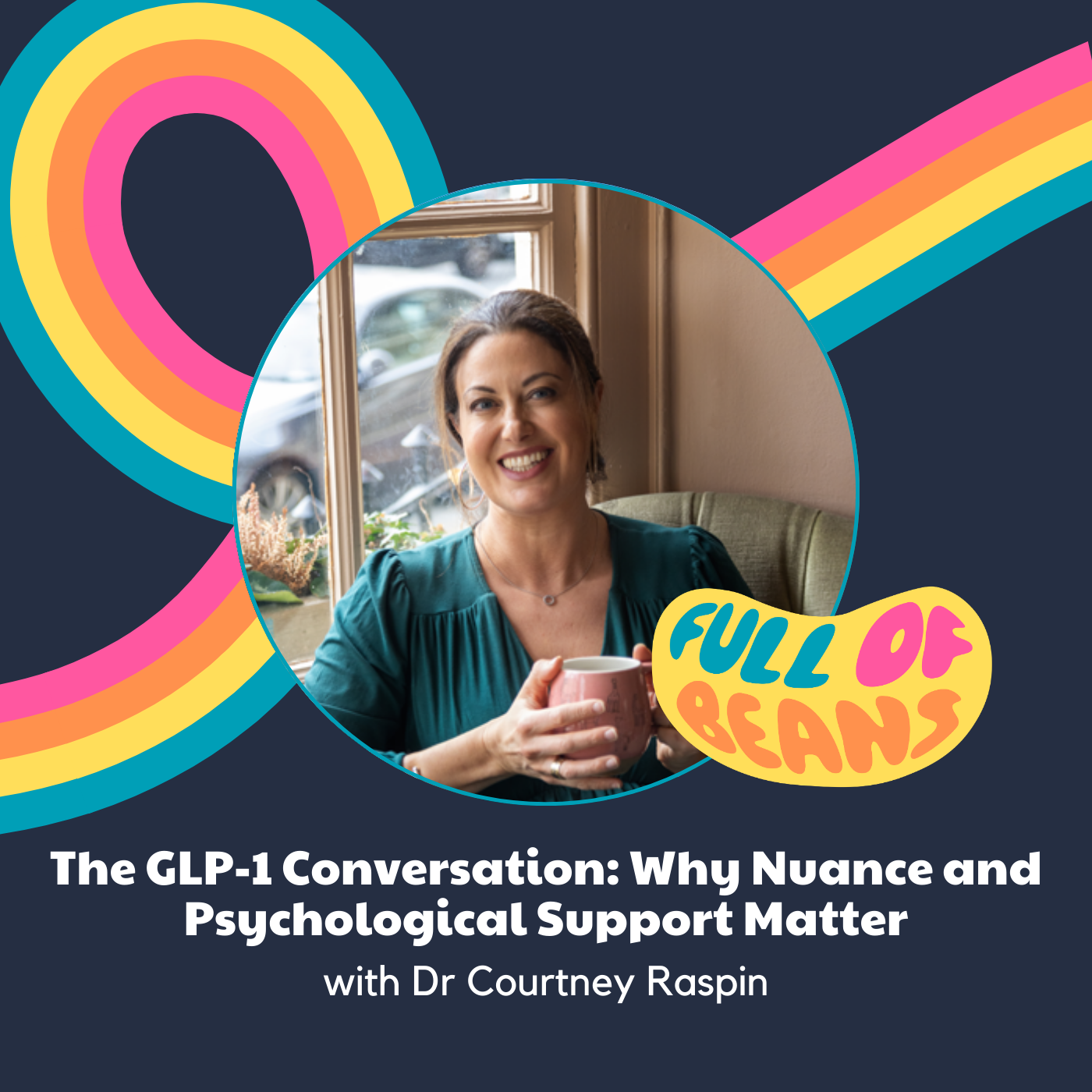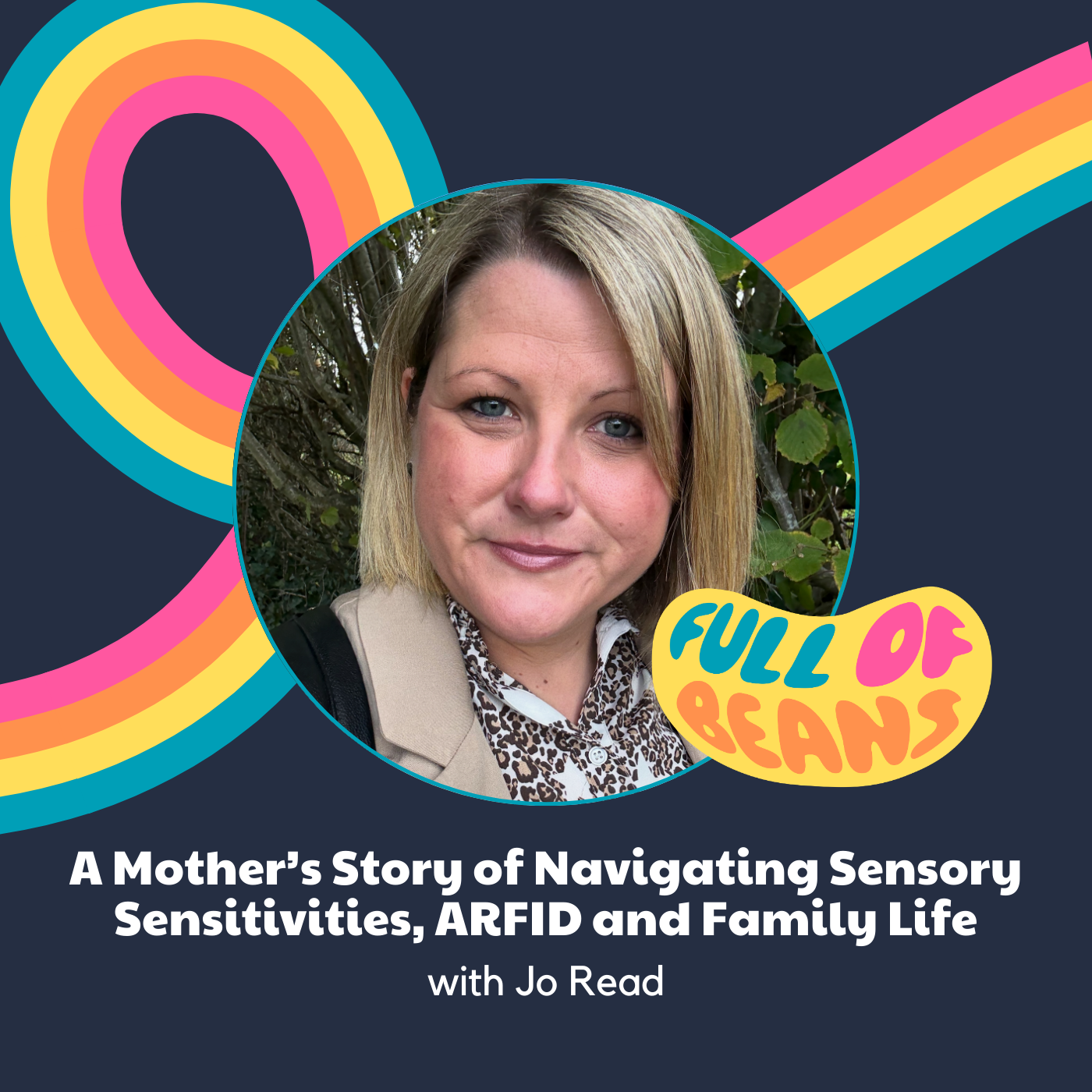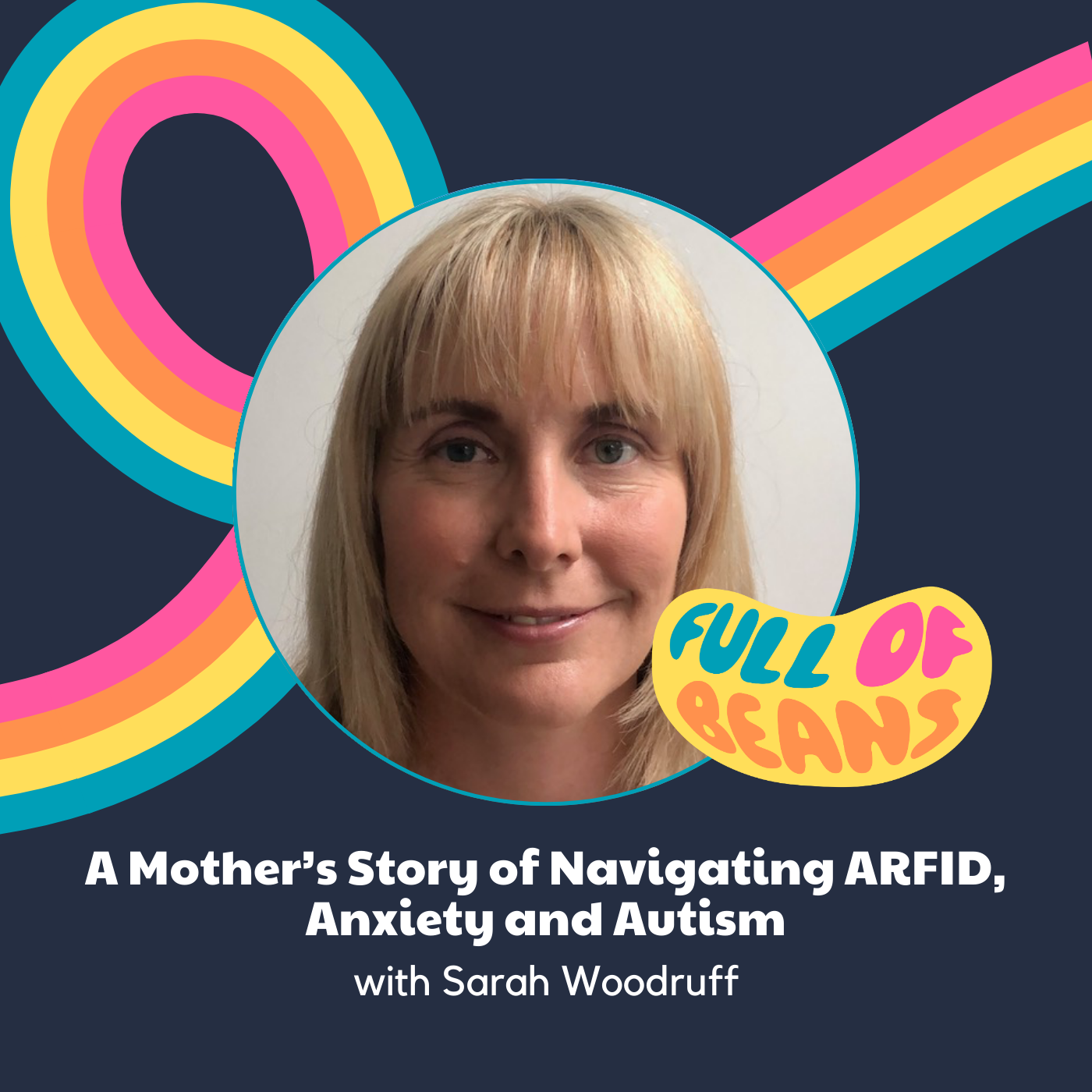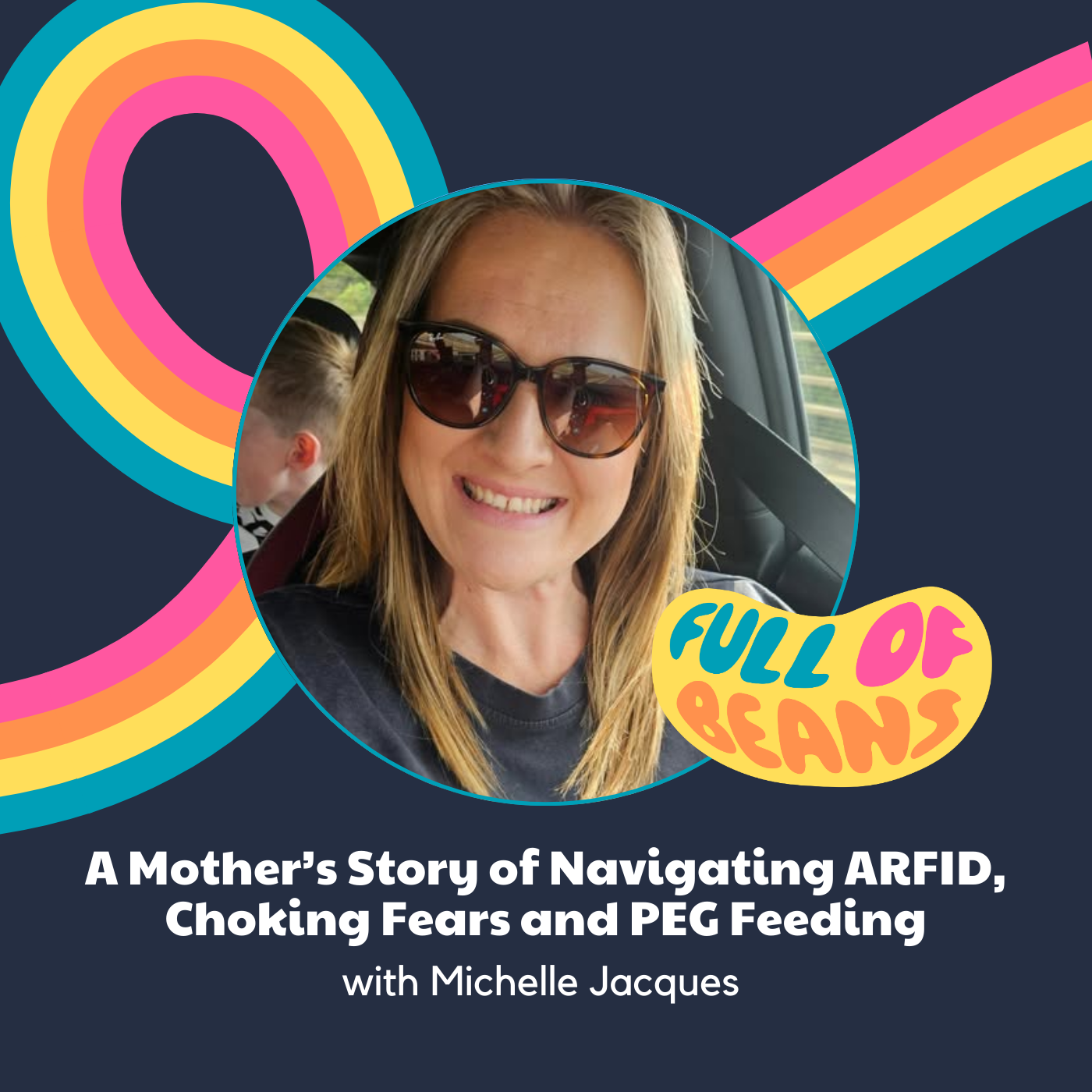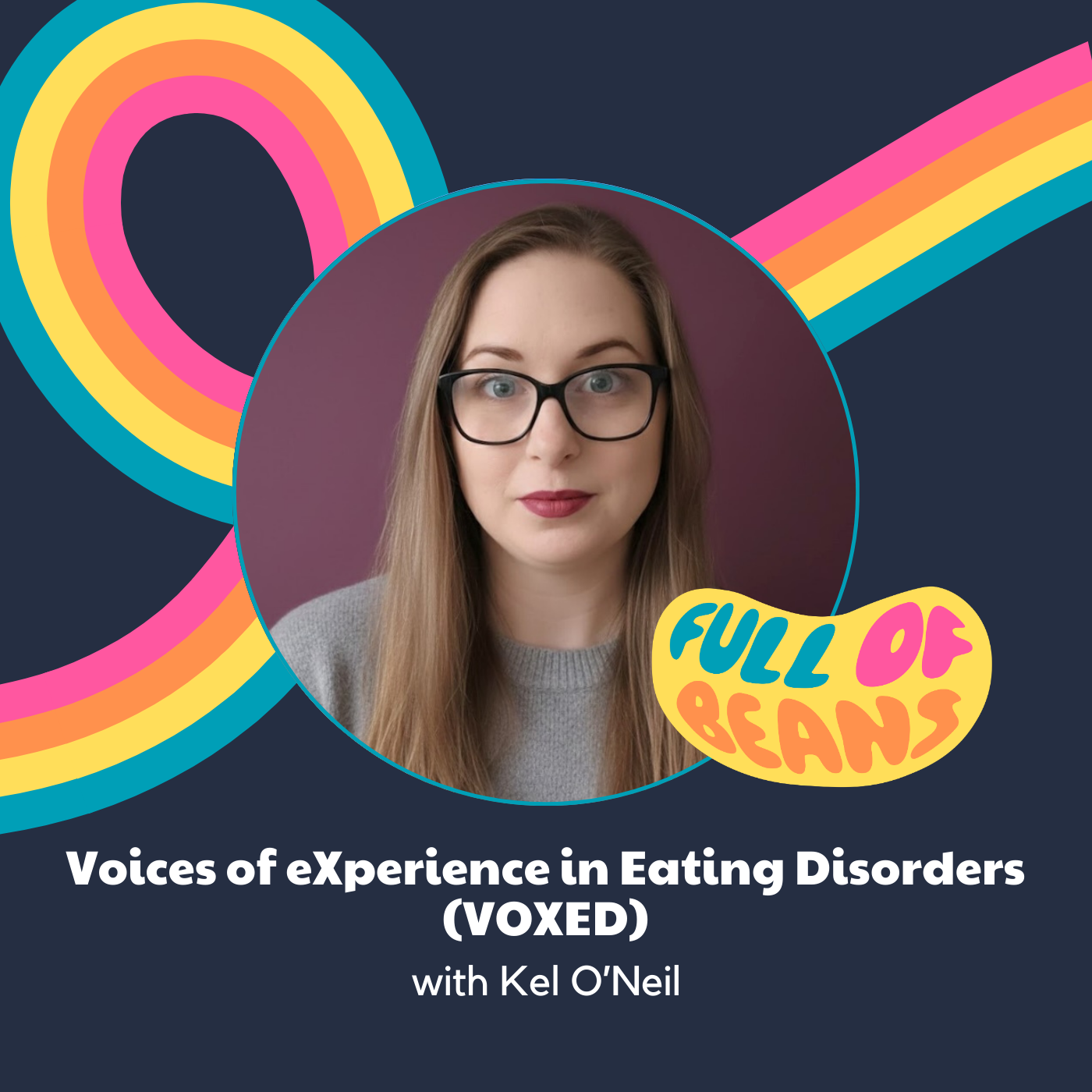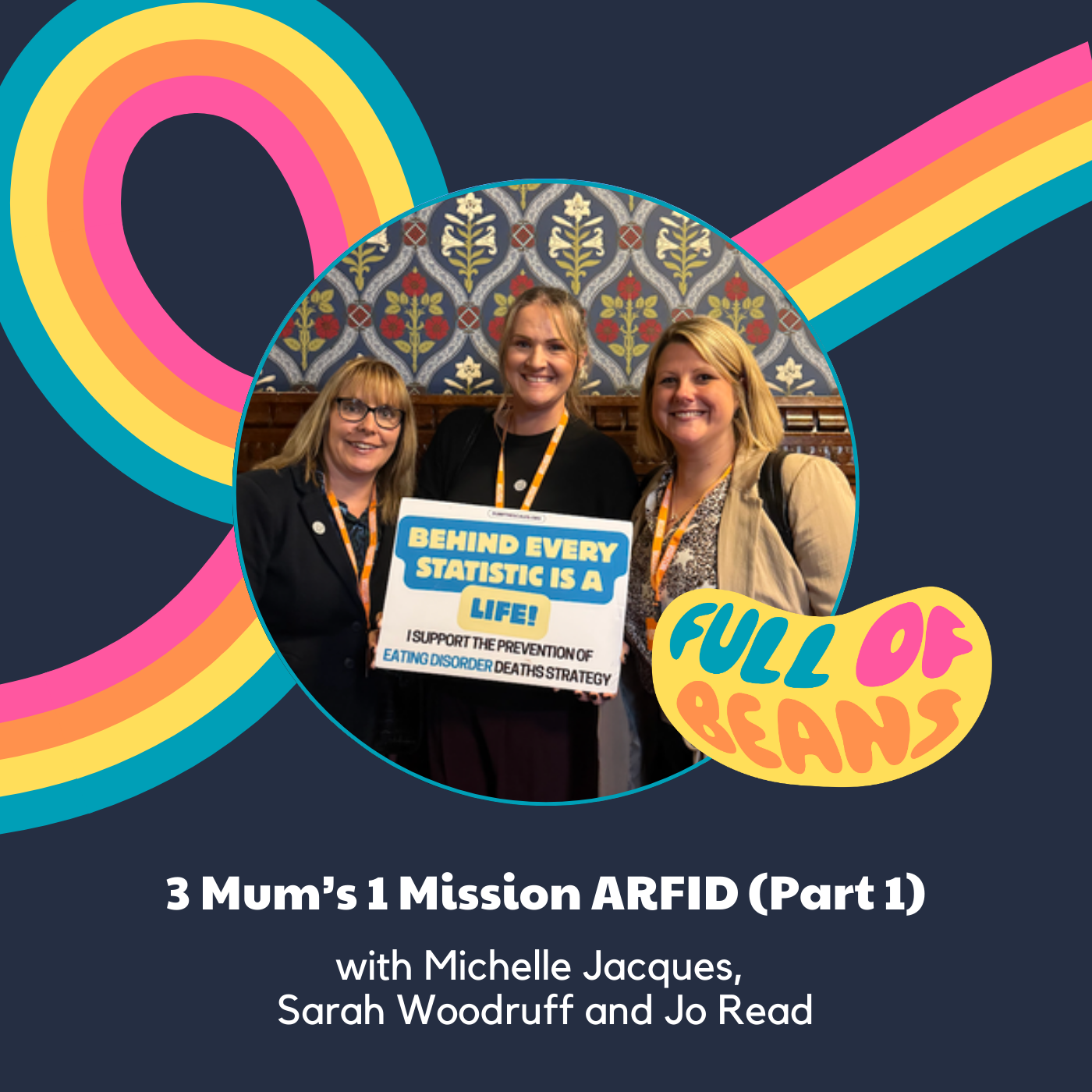The Truth Behind Common Eating Disorder Myths with Anne Richardson
Social media is full of food myths, but what is actually true?
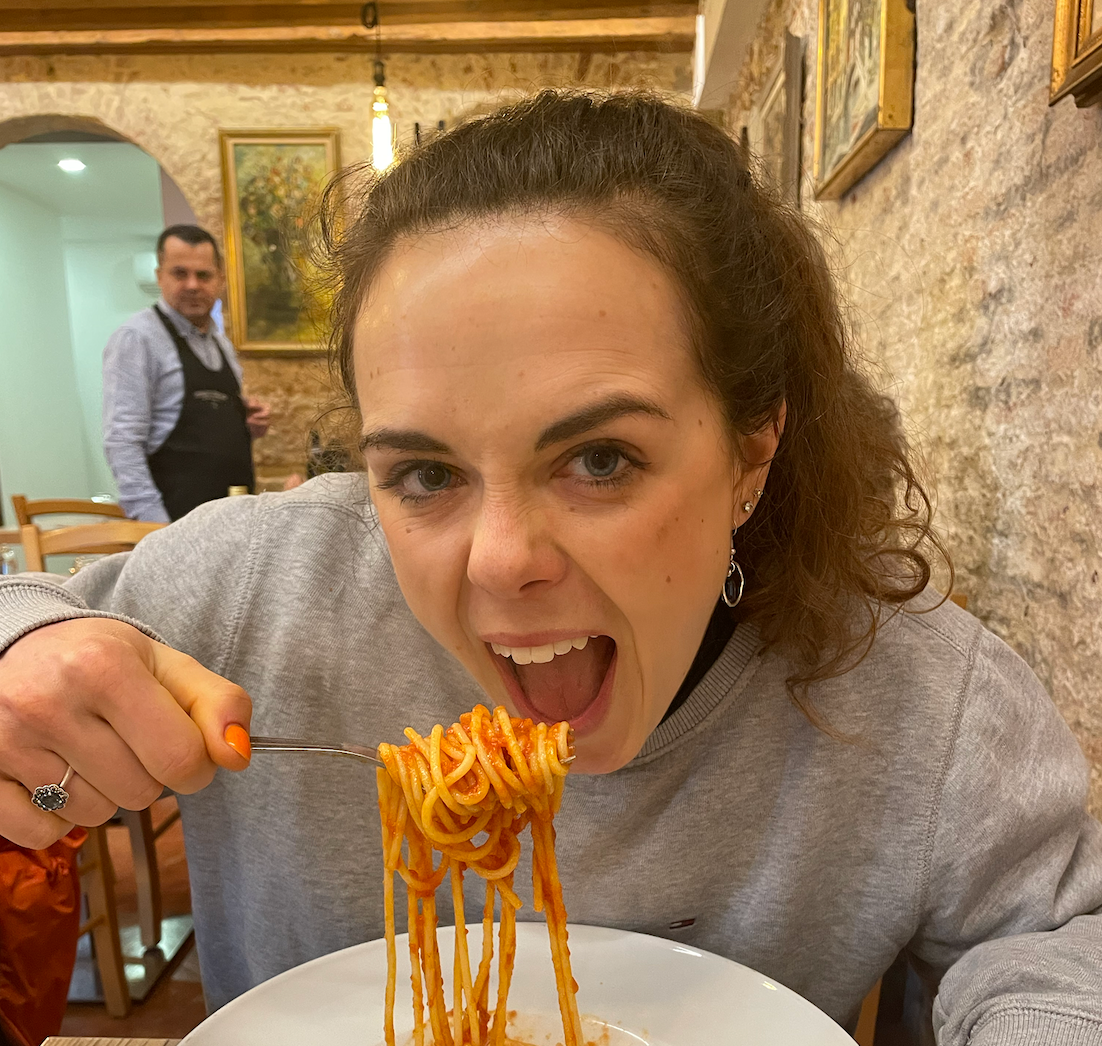
"Eating late will make you gain weight." "Pasta is bad for you." "Emotional eating is unhealthy."
Sound familiar? These common phrases are everywhere, but are they actually true?
In this week’s Full of Beans podcast episode, I sat down with Anne Richardson, a nutritional therapist and CBT-informed practitioner, to debunk some of the most persistent myths around eating disorders and nutrition. Anne combines her professional training with lived experience to bring clarity and compassion to topics often clouded by diet culture.
Let’s explore what’s fact, what’s fiction, and what exists in the 50 shades of grey in between.
Myth #1: “You shouldn’t eat after 6pm or you’ll gain weight”
🚫
The myth: Eating late at night automatically causes weight gain.
✅
The reality: Your body doesn’t stop digesting food after sunset. While digestion might slow slightly when you're winding down, eating at night isn’t going to make you gain more weight.
In fact, restricting food late in the day can lead to poor sleep, heightened anxiety, and even nighttime binging due to extreme hunger. Your body still needs fuel while it rests and repairs overnight.
Myth #2: “Pasta is the worst carb”
🍝
The myth: Pasta will make you gain weight and should be avoided in recovery.
✅
The reality: Pasta is just a carbohydrate, a completely normal, energy-giving part of a balanced diet. While it’s easy to digest and energy-dense, that doesn’t make it "bad." Like Anne explains, “It’s just wheat flour and water. Nothing scary!”
Myth #3: “If I can’t stop eating a certain food, it means I’m addicted to it”
🧁
The myth: Feeling out of control around certain foods = food addiction.
✅
The reality: What looks like addiction is often
restriction, physical, mental, or both. When you finally eat a food you've denied yourself, the body can respond by overcompensating.
This isn’t lack of willpower. It’s biology.
Myth #4: “Emotional eating is bad”
😭
The myth: Eating due to emotions means you have no control or discipline.
✅
The reality: Emotional eating is normal. Food is emotional, we celebrate birthdays with cake, offer soup when someone is sick, and share meals to connect.
The key is not to eliminate emotional eating but to build a broader toolkit for coping.
Myth #5: “If I’m not physically hungry, I shouldn’t eat”
🤯
The myth: Only eat when you're physically hungry.
✅
The reality: Mental hunger is valid too. In recovery, physical hunger cues may be dulled, but cravings or mental hunger can still signal unmet needs, emotional, nutritional, or both.
So, what’s the takeaway?
There is no “one-size-fits-all” approach to nutrition or recovery. What we need is compassion, context, and critical thinking, not quick-fix rules.
As Anne wisely said, “Nutrition isn’t black or white. It's always grey — and that’s okay.”
You're allowed to eat. You are allowed to enjoy food. You are allowed to question harmful messages and reclaim trust in your body.
🎧 Listen to the Full Episode: Full of Beans Podcast – Anne Richardson
Sign up for our mailing list to keep updated with the podcast here.
Sending positive beans your way,
Han 💛

